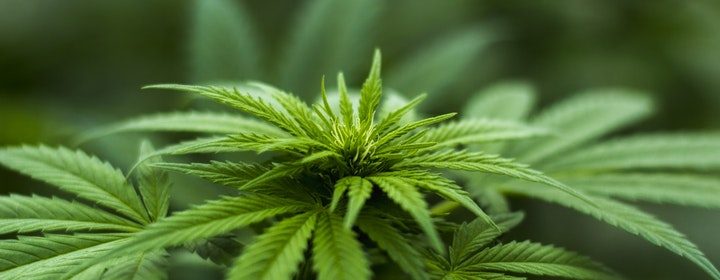Since April 2017 when judges of the high court in the Western Cape unanimously declared the legislation regarding marijuana consumption to be unconstitutional, South Africans have been allowed to smoke and grow the herb in the privacy of their own homes. Parliament has acknowledged the ruling to change sections of the Drug Trafficking Act and the Medicines Control Act, and has a two-year deadline to either amend legislation or appeal. There are still some ambiguities and the process is quite slow, but the ruling was nevertheless seen by many citizens as a positive step towards some form of legalisation.
Whatever the final outcome, it is clear that there has been a revolution in the attitudes and laws regarding the use of marijuana around the globe. And it seems highly probable that, in the near future, the use of medical marijuana will become legal in most countries, while the recreational use of marijuana will be legalised or decriminalised in many places (it can already be legally purchased in Uruguay, Canada and eight American states). It’s now a question of whether South Africa is going to jump on the bandwagon, and even embrace the opportunity to benefit its rural poor with new legislation.
Not everyone is convinced that “dagga” is safe, and some citizens have voiced concerns that legal marijuana farming will lead to an increase in abuse of the drug. However, many are quick to clarify its medical benefits and point out that marijuana is already quite readily and cheaply available across South Africa. It is also argued that the biggest challenges facing our youth are, in fact, alcohol abuse, violence and unemployment.
As the country’s annual road death statistics (released by the Road Traffic Management Corporation) are high, many South African road users have also expressed their concern that people driving under the influence of marijuana will worsen the situation. However, the effect that this will have on road safety is still yet to be determined, and the research conducted so far has been conflicting.
According to research by the Highway Loss Data Institute (HLDI) in America, an analysis of insurance claims data showed that there was an increase in vehicle accident claims in Colorado, Washington and Oregon after retail marijuana sales became legal. However, by contrast, a review of traffic fatality data by the Federal Highway Administration showed that fatalities occurred at the same rate in Washington and Colorado both prior to and following the legalisation of marijuana. And likewise, an analysis of federal crash data published in the American Journal of Public Health found that Washington and Colorado had similar rates of traffic fatalities as eight other states that haven’t legalised recreational marijuana.
It isn’t necessarily a misplaced fear that legalising marijuana could increase road collisions, but statistical evidence doesn’t wholly confirm this yet. South African drivers should continue to proceed with caution until further research has been conducted to understand the potential effects of marijuana on driving ability. If you are ever involved in an accident and suspect that the other driver was impaired by the substance, it’s also imperative to immediately discuss any issues with your personal injury lawyer at Henry Shields Attorneys.
One particular challenge will be judging whether driving ability has been impaired by marijuana, as there may never be a standard way of testing for a blood-drug limit, as is done with alcohol. Law enforcement will need better training to enforce laws against those driving under the influence of any substance, and you will need to provide any evidence that could prove someone was “drug-driving” if you are involved in a collision.

